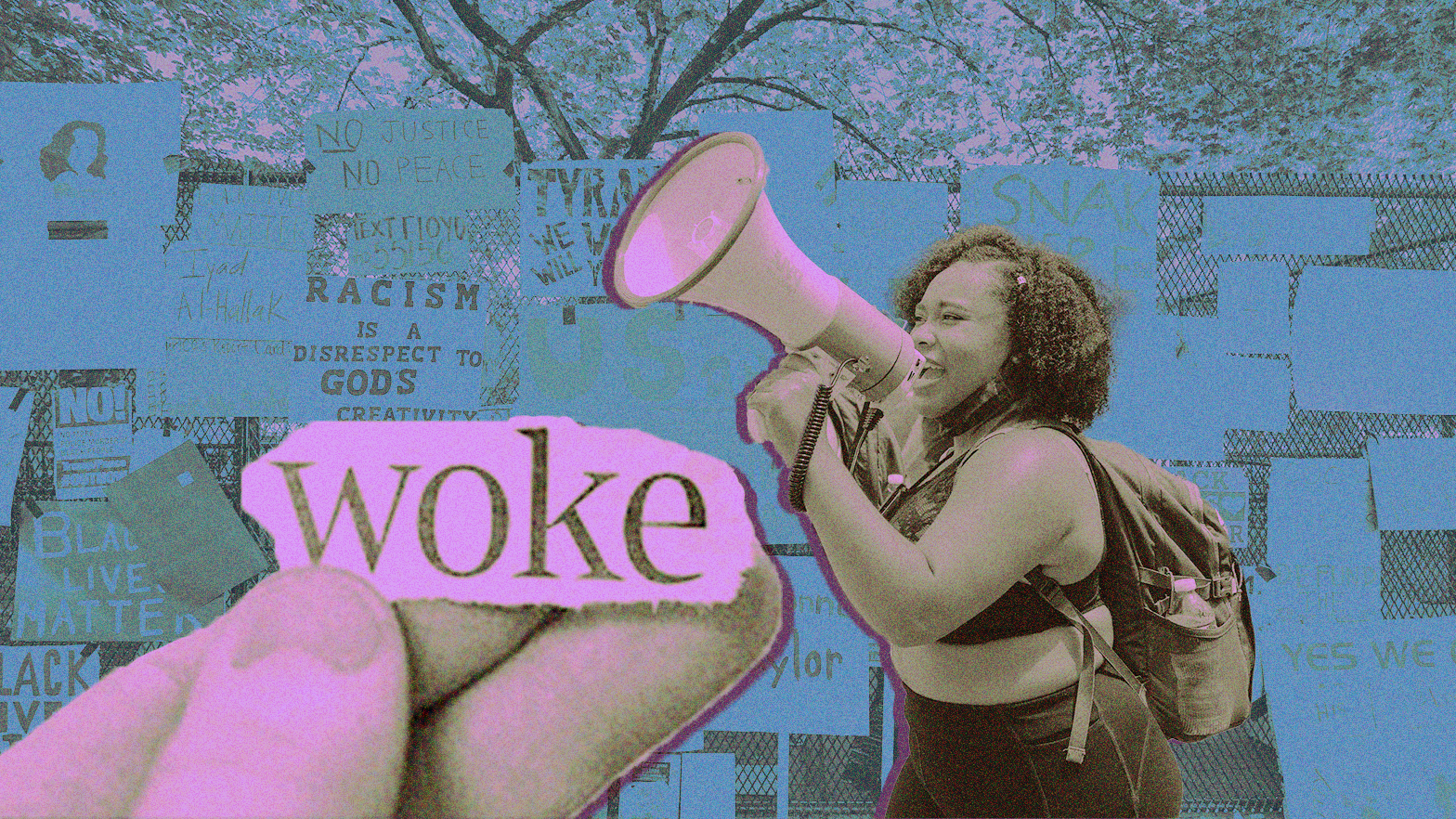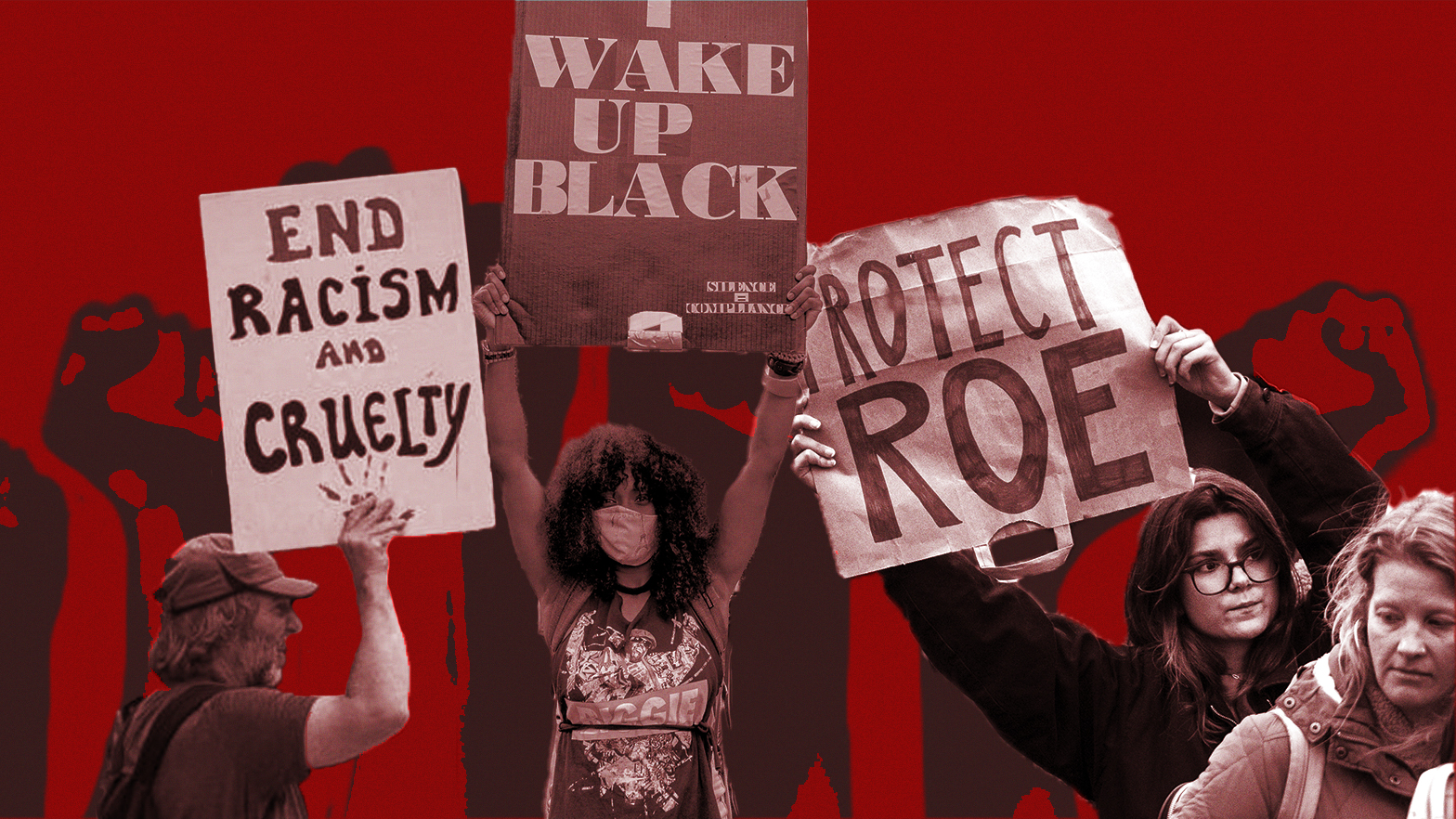DEI threatens the integrity of our military—and our republic.
Meritocracy Must Not Be Our Goal

Like DEI, it assumes the premises of managerialism.
What is the opposite of woke? Many people instinctively say meritocracy. If wokeism—and DEI, its institutional application—is about affirmative action and group-based judgments, meritocracy is about individualized judgments.
This misses the core issue.
Both meritocracy and DEI are technocratic ways of running organizations—they both emphasize objective metrics and systems to achieve desired outcomes. Both in turn are products of managerialism, the idea that decision-making can be reduced to analysis and objective technique carried out by trained professionals. Meritocracy and DEI often seem to diverge, but this largely comes down to the differing outcomes emphasized and theories about how certain decisions will achieve these outcomes.
To elevate either meritocracy or DEI to doctrinal status is to continue the advance of managerialism.
Further, while meritocracy appeals to those who prize organizational effectiveness or “utility,” it is a flimsy standard. Because it accepts so many of the same premises as DEI, it is poorly suited to resist woke arguments in DEI-like packaging.
Javier Milei’s recent critique of neoclassical economic theory at the World Economic Forum helps us see how preemptively accepting false standards can have grave consequences. Milei argued that when reality doesn’t match their model, neoclassicals assume there must be a market “failure.” A failure needs correction—an opportunity to engineer a more efficient market. But this is a flawed view of what a market is. Rather than a complex mechanism allowing many individuals to cooperate, neoclassicals see the market as merely a mechanism to achieve a utilitarian objective that can be manipulated and engineered.
This demonstrates that the neoclassical approach is closely associated with managerialism. The inevitable market “failures” provide endless opportunities for technocrats to tweak the rules—to reengineer the system to get the desired outcome. One of the greatest and most persistent “failures” is the demographic gap between the makeup of high-status/high-compensation roles and the population as a whole. This opens the door for an argument for DEI that purports not only not to conflict with meritocracy, but to make DEI a necessary component of true meritocracy.
Since the blank-slate hypothesis remains largely unchallenged dogma in institutional environments, any significant demographic disparity is presumptively the result of artificial distortion. Wokeism supplies an explanation in the form of “systemic racism” and other intersectional biases, explicit or implicit. Because it targets the factors that contribute to this, DEI is thought necessary to “level the playing field” and achieve a truly meritocratic outcome—one in which someone from an “underrepresented” group is given a comparable chance despite lower scores on conventional metrics (now presumed to incorporate systemic biases).
DEI isn’t just about promoting certain morals or values—it’s a metric-driven approach that fits squarely into the managerial model, dedicated to engineering away any unacceptable disparities.
Wokeness has an additional benefit to a managerial system. By stripping people of familial or cultural attachments that might take precedence over career incentives, it makes them far more predictable—fitting them into a spreadsheet, in a sense.
A woman with a baby will have many competing considerations; a woman paid to travel to abort her baby will be a much more reliable employee. A man who remains embedded in his community and church may have certain norms he refuses to cross; a man who rejects these as ignorant and backward will do whatever the corporation rolls out, provided it is cloaked in the right DEI-aligned language.
Wokeism likewise provides a sort of quasi-religious meaning for the people who populate the managerial bureaucracy. It reassures them that the global bureaucracies they inhabit are in fact the most virtuous of work environments, and offers them a chance to pursue causes and rituals that remain fully compatible with their careers.
In sum, DEI turns people into the individualized, deracinated, interchangeable cogs that fit best into managerial organizations. To satisfy the intrinsic religious drive most people have, it offers a program of rituals and ideals that, in a sense, baptize the managerial system.
Given this dynamic, it’s no surprise that the relatively meritocratic approach of the 1980s-2000s gave way to the pervasive DEI regime of the past decade. Meritocracy is not a stable alternative. It is simply another expression of the managerial system that features the same underlying dynamics.
So what is the real opposite of wokeism? It is an alternative not just to DEI, but to managerialism itself: ownership.
In contrast with the mechanistic approach of technocratic systems, ownership embraces human judgment. Instead of bureaucratic controls designed to prevent bad behavior, having skin in the game ensures that decision-makers share in the consequences of their actions.
Just as a lack of personal accountability goes hand in hand with stifling controls—a person not checked by skin in the game must have his available actions sharply constrained lest he subject others to bad decisions without consequence—having skin in the game allows for a system much richer in human judgment.
As I argued for TAM several years ago, finance at its best should consist of entrepreneurial bets on people, not purely formulaic bets on assets (or people reduced to the point they can be modeled like assets). Such bets are the antithesis of managerial calculations. By their very nature they are not fully defensible with established standards and metrics (merit-focused or not), and are only viable in a system where decision-makers are not bound by such standards. Systems dominated by ownership and skin in the game allow this.
What do systems built on skin in the game look like? The American cultural tradition and our common law legal system are rich in practices, often developed over centuries, that create skin in the game. They create a foundation by cultivating widespread ownership (both via formal property rights and less formal analogs such as reputation in a community), and they build on this foundation with rules and norms that align risk with ownership across a vast array of circumstances.
Owners by nature have skin in the game, and owners by default have decision-making authority. Recent decades have been dominated by the professionalization of management, reducing most “ownership” to highly abstract interests epitomized by a BlackRock index ETF. Those who cling to more direct ownership are constrained by innumerable regulations. The apotheosis of this model might be the “own nothing and be happy” vision of the World Economic Forum—perhaps the contemporary epicenter of managerial ideology. Our goal should be to reverse this by again encouraging direct ownership, reemphasizing models that align ownership with decision-making, and renewing the myriad other cultural norms and practices that imbue our society with skin in the game.
We must not simply trade one managerial system for another, replacing woke attempts to engineer an egalitarian society with meritocratic attempts to engineer an efficient society. Both ultimately stifle life itself, reducing humans to metrics and imposing technocratic controls on human judgment. Rather, we should aim higher—proposing a truly human approach grounded in skin in the game and human judgment. In an age where computers touch every aspect of life, reemphasizing the human is the only true alternative.
The American Mind presents a range of perspectives. Views are writers’ own and do not necessarily represent those of The Claremont Institute.
The American Mind is a publication of the Claremont Institute, a non-profit 501(c)(3) organization, dedicated to restoring the principles of the American Founding to their rightful, preeminent authority in our national life. Interested in supporting our work? Gifts to the Claremont Institute are tax-deductible.
Rising wokeness in medical schools is a problem for patients everywhere.
Sane Texans must act to remove all traces of DEI in the state.
Administrators at Texas A&M try to bury their woke hiring agenda.
The counter-universities defying wokeness in higher education.
The advertising industry is the unacknowledged legislator of wokeness.






